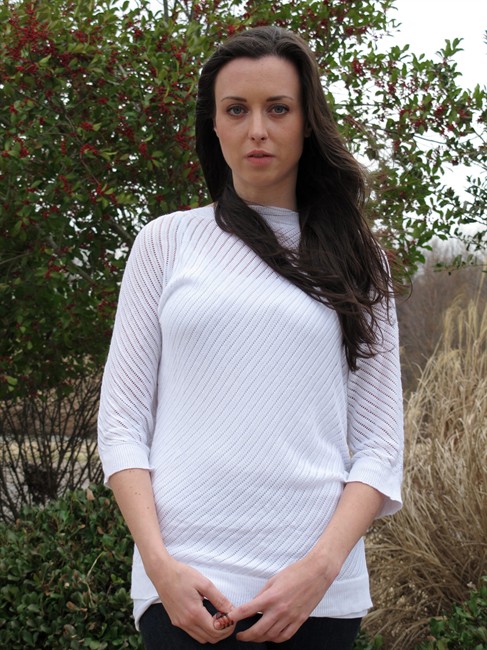NASHVILLE – Possibly hundreds of thousands of rape kits remain untested across the U.S., and a number of states are proposing legislation to address backlogs that are years or decades long.

In Memphis, Tennessee, alone, more than 12,000 rape kits going back to the 1980s remain untested, according to the New York-based Rape Kit Action Project, which has been tracking the backlogs nationwide. In Texas, about 16,000 untested kits are collecting dust in police evidence rooms.
Tennessee is among at least 17 states with proposals that range from requiring law enforcement agencies to inventory their rape kits to analyzing them in a certain amount of time. Three states – Colorado, Illinois and Texas – have passed laws that mandate a statewide accounting of untested rape kits.
Rape Project spokeswoman Natasha Alexenko estimates there are about 400,000 untested kits nationwide.
“Until we enact this kind of legislation where we’re counting them, we really have no idea,” said Alexenko, a rape victim whose rape kit was finally tested after nearly 10 years. Her attacker was arrested after a match was found.
Rape victim Meaghan Ybos has been crusading for legislation to address the backlogs for several years. The 27-year-old was 16 when she was sexually assaulted in her home in 2003. She underwent a forensic rape exam but never heard anything else about her kit.
In 2012, she was watching the news and learned police had arrested a suspected serial rapist in the neighbourhood where she lived.
“I just knew it was the same person,” recalled Ybos, who called police, told them about her assault and persuaded them to reopen her case. Her rape kit was eventually examined, and the suspect’s DNA and that in her kit matched. The suspect pleaded guilty in her case.
Ybos said it shouldn’t have taken her that long to get justice.
A spokeswoman for the Memphis Police Department recently told The Associated Press that she couldn’t comment about the backlog because the department is in the middle of litigation concerning a class-action lawsuit filed on behalf of women whose rape kits haven’t been tested.
But when asked about the situation at an event this month, Memphis Mayor A C Wharton said, “We had a systemic failure here.”
Last year, Congress officially recognized the national problem in passing the Sexual Assault Forensic Evidence Registry Act, or SAFER, which seeks to provide data on the number of unsolved rape cases awaiting testing and establish better standards for the tracking, storage and use of DNA evidence in sexual assault cases.
The federal government is also providing funding to help cover the costs for testing the kits, which usually contain swabs, evidence envelopes and information sheets detailing the examination. They cost at least $500 to test, a process that involves several steps, including determining whether there’s sufficient material from which a subsequent DNA test may derive a reliable sample.
Wharton has asked the Memphis City Council for a million dollars to help with the backlog. He said a little over 2,000 of the kits have been sent to laboratories, and that it could take up to five years for all the kits to be tested.
Memphis, like other cities, is operating on a tight budget, but Wharton said he’s determined to get the money needed to address the city’s backlog, even if it means reaching out to philanthropic groups for donations.
“Every day that a sexual assault kit sits untested represents justice delayed,” he said.



Comments